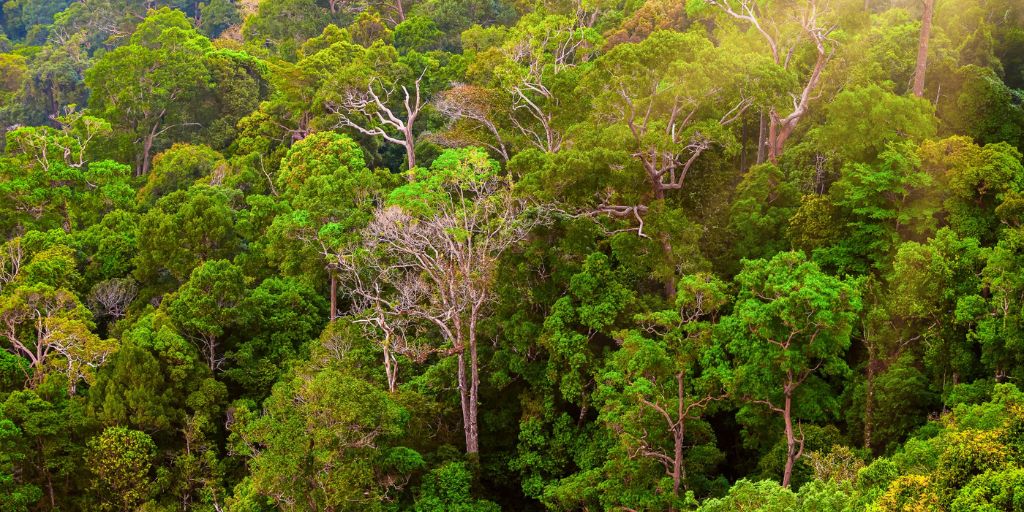
Thanks to work by Cool Earth and local organisation Rural Water Supply and Sanitation Project (RWSSP), visits to a health center in the Milne Bay Province of Papua New Guinea have decreased. This positive change is attributed to the success of Cool Earth’s Water, Sanitation, and Hygiene (WaSH) project, which has brought clean water and sanitation facilities to remote rainforest villages for the first time.
Previously, waterborne illnesses were a leading cause of health problems in the region. Residents, particularly children, suffered from diarrhoea, dehydration, and other preventable diseases. The lack of proper sanitation further exacerbated the issue.
Cool Earth’s WaSH project addressed these challenges head-on. Back in July 2022 Cool Earth partnered with the local organisation and local communities to install water tanks, toilets, and educate residents on hygiene practices. This comprehensive approach not only provides clean water and sanitation but has empowered the rainforest communities to take charge of their health.
“The impact of the WaSH project so far is remarkable,” said Regina, Papua New Guinea Country manager at charity, Cool Earth. “Just two years into the programme, early trends are already showing a decrease in health centre visits in the regions where our work is being carried out, compared to regions that we do not yet work in. This is a testament to the project, but also the power of collaboration and community-driven solutions.”
Early results from Nube health centre data between 2019 – 2023 shows:
- A reduced healthcare burden: Downward trend in admissions due to waterborne diseases, pneumonia and other respiratory diseases in Gadisu and Sololo’s local health centre (Nube), compared to health centres near other rainforest communities that Cool earth isn’t currently working in.
- Improved health outcomes: Decrease in preventable diseases, leading to healthier communities.
- Increased empowerment: Communities taking ownership of their health and wellbeing.
Living in the rainforest comes with unique challenges. Indigenous communities can lack basic necessities such as safe drinking water, reliable infrastructure, healthcare facilities, and stable sources of income.
By providing clean water, sanitation, and hygiene education, the charity Cool Earth is not only improving public health but also helping to protect the rainforests. Regina adds, “If the communities that live alongside the rainforest go, the rainforest will too. This is because industries such as logging and mining will move into their territories. Because of this, the health of all rainforest communities is directly linked with the health of the rainforest.”
To find out more about Cool Earth’s work, visit: https://www.coolearth.











